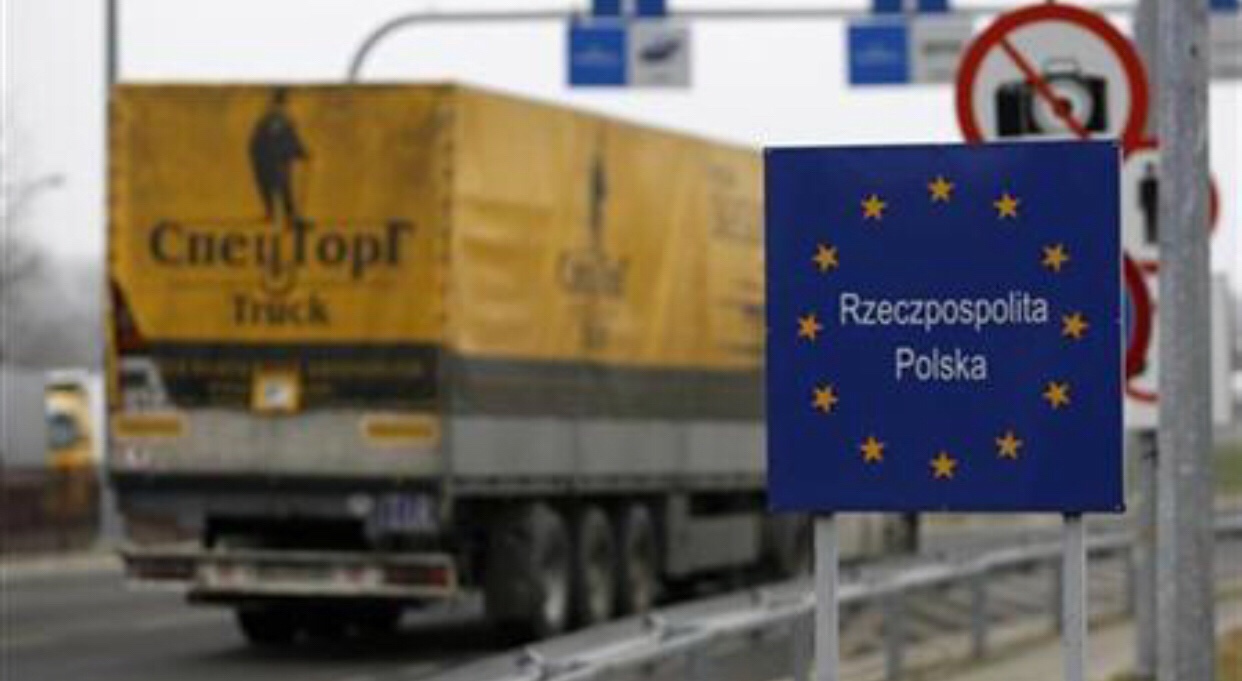In june last year I was commissioned by the European Parliament as academic researcher and Customs/Border Expert to write a report about potential solutions for the Northern Ireland/Ireland border, post-Brexit.
I wrote the research report, called SmartBorder 2.0, and presented it for the European Parliament in November 2017.
This has probably become the most read report I have ever written, and I have written hundreds of Customs reports in my career.
The SmartBorder 2.0 report has been quoted numerous times by officials on both sides, especially the last weeks – and I have given more than 50 interviews to media about the content of the report since the presentation of my findings.
It is important for me to underline that I am not – and I never intended to – enter the political debate on Brexit or the negotitations. There are so many others omvolved that debate.
My intention was (and still is) to explain what is possible to do today and tomorrow in regard to border processing and international customs law – based on and in line with international standards and global best practices. To gove a technical perspective, if needed at later stage.
My proposal is from that technical angle valid on Ireland, for the channel tunnel traffic, the ro-ro transports over the channel or at any other border in the world.
I am naturally aware of and respect the sensitive timing and the very sensitive environment (especially on the island of Ireland). That is primarily also why I proposed a model with minimum interaction at the border, moving necessary formalities to other parts of the supply chain process. Thus the introduction of the SmartBorder 2.0 concept.
Is it possible to design, develop and implement a SmartBorder 2.0? Yes, it is – and I say that based on my experience from 35 years as a professional, the last 20 years working in senior positions on national, regional and global level – and also having worked with reform/modernization in more than 120 countries visiting hundreds and hundreds of borders all around the world.
Now it is up to the parties involved in the Brexit talks to decide if this is a model, entirely or partly, that can be used in this context or not.
I have up to this date the last months answered a huge number of questions about my report and I have a few remaining commitments still to honor, however after that I will have to become more retrictive on my interviews, speeches and public apperances related to the report. My daily life and other professional commitments demands that.
Finally, I want here to underline a few things that has been asked:
– Is there a SmartBorder 2.0 somewhere already?
No, the SmartBorder 2.0 does not exist today in the shale that I propose, but all the elements exists and are operational in different places.
– Is the Sweden-Norway border a frictionless border?
No, the Swedish-Norway example and the U.S.-Canada example are not frictionless borders today or indeed fully operational SmartBorders that in their current shape could be implemented in UK environment, especially On Ireland (there are differencies and similarities). These border solutions were developed for other environments at another time. However they are the existing global best practices. These border solutions and platforms have the basic elements that could be upgraded and updated to a SmartBorder 2.0 solution. Again, that is why the proposed model is called 2.0.
In summary I am honored as professional to have been given a chance to provide a Customs technical perspective on current border issues. Hopefully these ideas will contribute to the best possible solution for all parties depending outcome of negotiations.
One thing everybody seem to agree on in this debate is that trade and trade facilitation is important. That makes the heart of Customs Expert warm and optimistic about the future.
The beautiful ‘The Shape of Water’ received the 2018 Academy Award for Best Movie. It is a very good movie.
Guillermo del Toro got the Oscar as Best Director for the same film.

Gary Oldman received the Award as Best Male actor for his role as Winston Churchill in ‘The Darkest Hour’ and Frances McDermand won the Best Female Actor Award for ‘Three Billbords outside Ebbing Missouri’ as I predicted a month ago.
Many people in the debate about Brexit misses the point of why a border appear when a country leaves a Customs territory and goods moves between two customs teritories.

There are talks about the Customs Union and Freetrade Agreements. However, these are only two parts of the reasons why there sre border formalities, mainly trade policy and duty rates.
There are many other Customs and Government obligations related to international law and national priorities to consider when talking about border formalities.
The important thing is that there are different ways to fulfil these border formalities and the tricknis to move then away from the border to pre- and post systembaswd controls based on risk management in a trusted trader environment.
We know how to successfully do so today.






You must be logged in to post a comment.